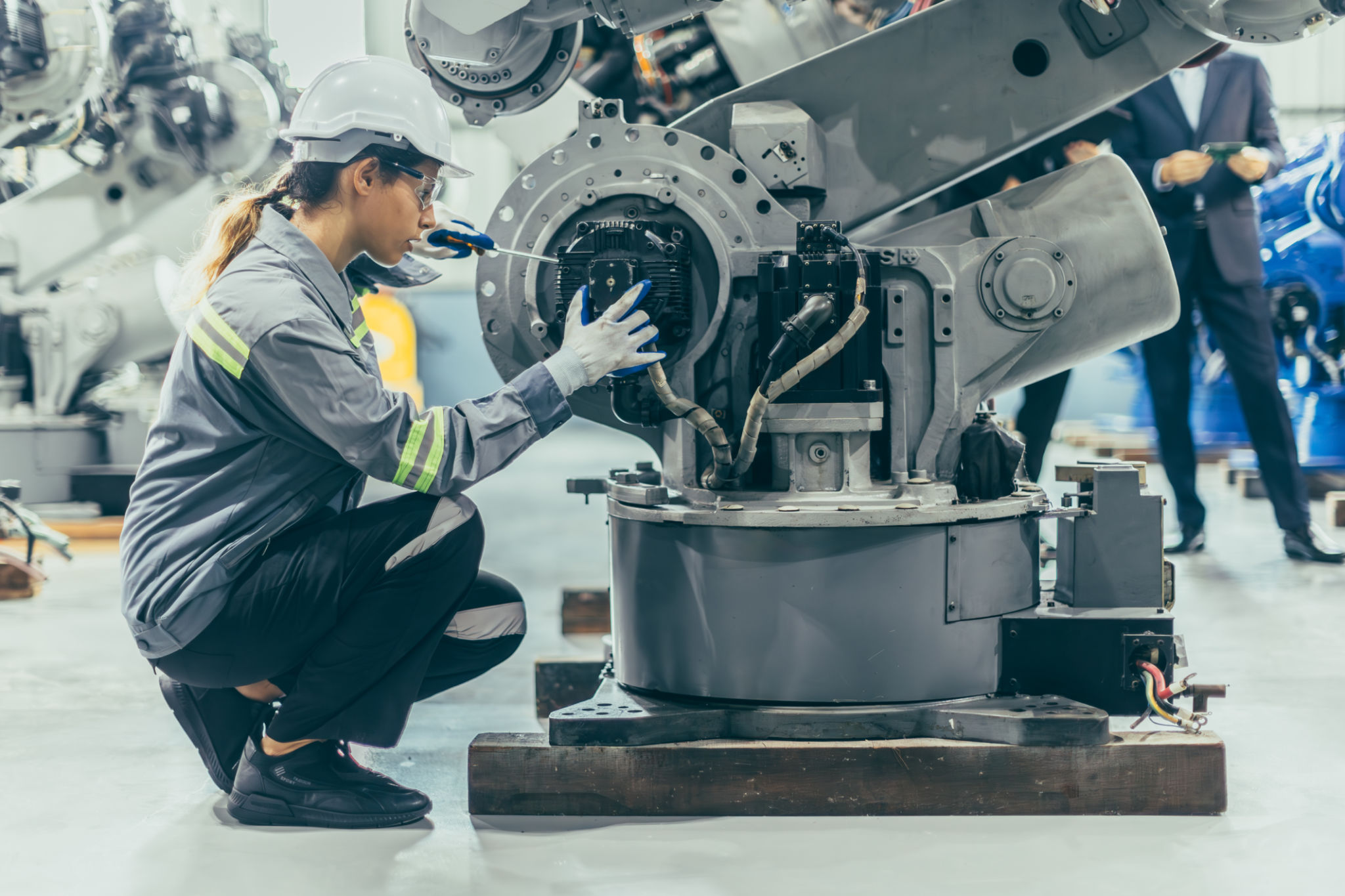Comprehensive Guide to Industrial Tires in the Middle East
Introduction to Industrial Tires
Industrial tires are a critical component in the machinery and vehicles that power various industries, especially in the Middle East. These tires are specifically designed to endure heavy loads, resist wear, and provide stability across diverse terrains. Understanding the nuances of industrial tires can significantly impact operational efficiency and safety.

In the Middle East, industries such as construction, oil and gas, and manufacturing rely heavily on robust and reliable tire solutions. The region's unique environmental conditions, like extreme temperatures and sandy landscapes, necessitate specialized tire features.
Types of Industrial Tires
Industrial tires come in several types, each suited for different applications and conditions. The main categories include:
- Solid Tires: Known for their durability, these tires are puncture-proof and ideal for environments with sharp debris.
- Pneumatic Tires: Offering better shock absorption, these are suitable for uneven terrain but require maintenance to prevent air loss.
- Foam-Filled Tires: Combining the benefits of both solid and pneumatic tires, they provide cushioning while being puncture-resistant.
Choosing the right type of tire is crucial to ensure the longevity and efficiency of the equipment. It also helps in minimizing downtime due to tire failure.
Key Features to Consider
When selecting industrial tires, certain features are essential for optimal performance. Load capacity is a primary consideration, as it determines how much weight a tire can support without compromising safety or efficiency.

Tread design is another critical factor. The right tread pattern can enhance traction and stability, particularly in sandy or muddy conditions common in the Middle East. Additionally, heat resistance is vital due to the high ambient temperatures in the region.
Durability and Lifespan
The lifespan of industrial tires is influenced by factors such as material composition and usage conditions. High-quality materials like natural rubber compounds enhance durability. Regular maintenance, including correct inflation and alignment checks, can extend the tire's life significantly.
Impact of Environmental Conditions
The Middle Eastern climate poses unique challenges for industrial tires. Sandstorms, intense heat, and rough terrain require tires that can withstand these harsh conditions while maintaining performance. Special compounds that resist heat degradation are often used in tire manufacturing for this region.

Furthermore, regular inspections for wear and tear are essential to prevent unexpected failures that could halt operations. Investing in premium tires can often provide better longevity and reliability under these demanding conditions.
Conclusion
Industrial tires play a pivotal role in ensuring the smooth operation of machinery across various sectors in the Middle East. By understanding the types of tires available, their features, and the impact of environmental conditions, businesses can make informed decisions that enhance productivity and safety.
Ultimately, selecting the right industrial tire involves balancing cost with features that cater to specific operational needs. By doing so, industries can achieve greater efficiency and reduce the total cost of ownership over time.
